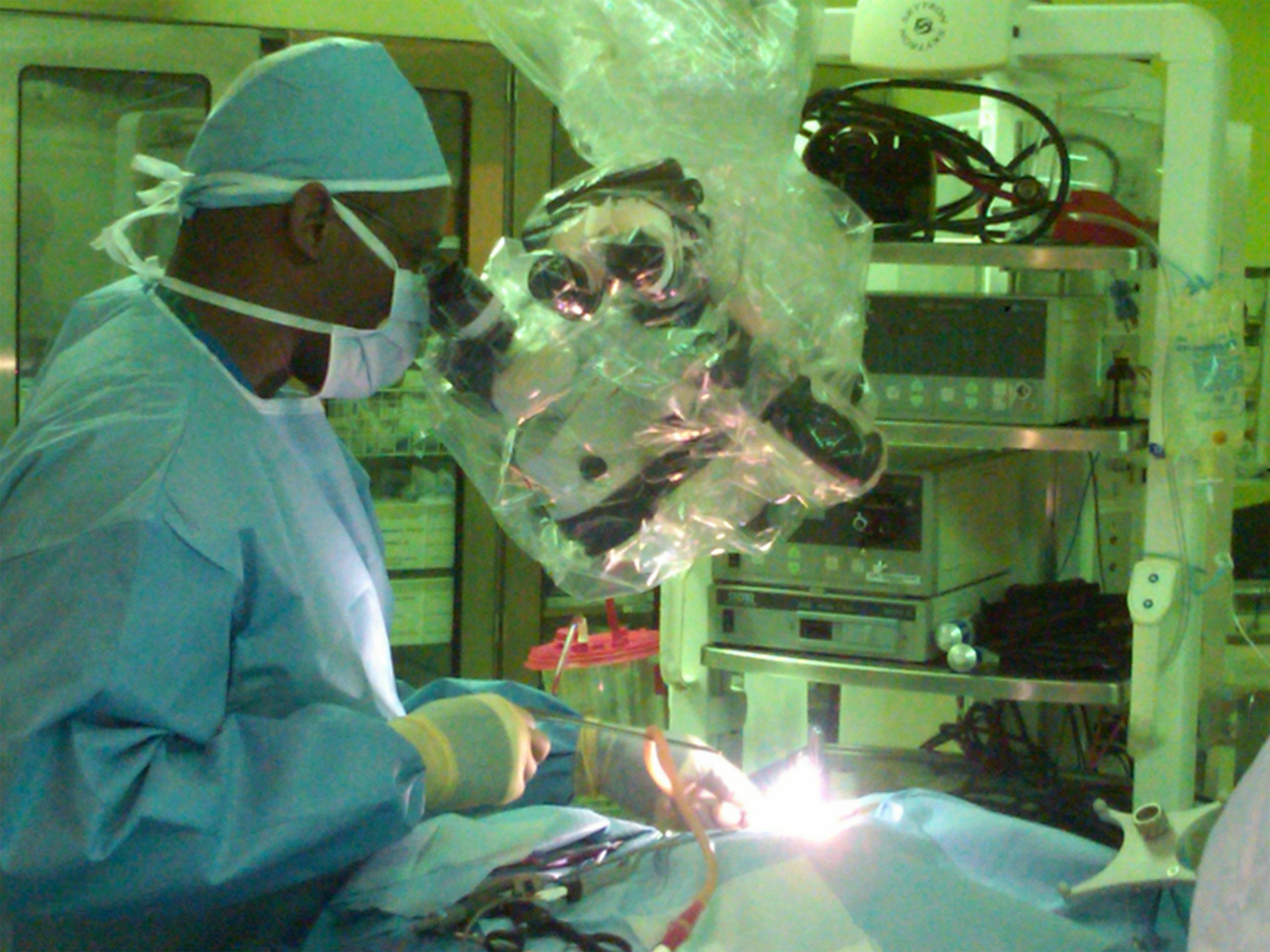
Spine surgery is a specialized field requiring deep knowledge, precision, and a patient-centered approach. With advancements in surgical techniques and technology, spine surgery experts continually adapt to offer patients the best outcomes. Their insights reveal technical expertise and the importance of holistic care, personalized treatment, and patient education. For those considering spine surgery or looking to understand it better, insights from an expert can illuminate the complexities and considerations involved in spine care.
The Importance of Accurate Diagnosis and Personalized Treatment
One of the most crucial aspects of spine surgery is the diagnostic phase, where understanding the specific cause and extent of a patient’s spinal issues is essential. Spine surgeons rely on physical examinations, imaging studies like MRIs and CT scans, and patient history to form an accurate diagnosis. In some cases, symptoms that mimic spine conditions may stem from other health issues, making it important to rule out unrelated conditions before proceeding with treatment.
Once a diagnosis is confirmed, an expert spine surgeon emphasizes the importance of personalized treatment plans. Since no two patients have the same anatomy, lifestyle, or response to treatment, surgeons design individualized plans that cater to each patient’s unique needs. This approach might involve different surgical techniques, choices in instrumentation, and tailored rehabilitation programs. Personalized care leads to more effective outcomes and a higher likelihood of a successful recovery, ensuring each patient receives the specific support they need.
Minimally Invasive Techniques for Improved Recovery
A significant advancement in spine surgery is the development of minimally invasive techniques, which experts recommend whenever suitable. Traditional spine surgeries required large incisions and often involved more extensive recovery times. Minimally invasive spine surgery (MISS) allows surgeons to operate through smaller incisions, preserving muscle and tissue around the spine and reducing postoperative pain.
An expert in spine surgery typically employs minimally invasive techniques for conditions such as herniated discs, spinal stenosis, and certain types of fractures. For patients, the benefits of MISS include shorter hospital stays, faster recovery, and reduced scarring. However, minimally invasive techniques are not always appropriate for every condition, especially in complex cases involving severe deformities or multiple levels of the spine. A skilled surgeon will assess each case individually to determine if MISS or a more traditional approach is best.
Robotic Assistance and Precision in Surgery
With technological advances, robotic-assisted spine surgery has become a valuable tool for achieving accuracy in complex procedures. Spine surgery experts often highlight the precision that robotic systems bring to the operating room, allowing for highly accurate placement of screws, rods, and other implants. Robotic guidance systems enable the surgeon to navigate with a 3D view of the spine, enhancing visualization and reducing the likelihood of human error.
Experts also emphasize that while robotic technology aids in accuracy, the skill and experience of the surgeon are equally essential. Robotics are tools that enhance precision, but the surgeon’s understanding of anatomy and expertise in surgical techniques are what truly drive successful outcomes. As robotic technology becomes more refined, its role in spine surgery will likely expand, further improving accuracy and allowing experts to tackle even the most challenging cases confidently.
The Role of Patient Education in Successful Outcomes
An often overlooked but vital part of spine surgery is patient education. Spine surgery experts understand that patients well-informed about their condition, treatment options, and recovery process are more likely to experience positive outcomes. Patient education begins with explaining the diagnosis and the reasoning behind the recommended treatment plan. This helps patients set realistic expectations and understand surgery’s benefits and potential risks.
Additionally, understanding postoperative care is essential for a smooth recovery. Experts advise patients on managing pain, caring for their incision site, and following rehabilitation exercises. Surgeons may also discuss lifestyle modifications that can aid recovery and prevent future spine issues, such as ergonomic adjustments, weight management, and core strengthening exercises. By empowering patients with knowledge, experts help them take an active role in their recovery and reduce anxiety about the surgical process.
Advances in Regenerative Medicine for Spine Health
An emerging area of interest among spine surgery experts is regenerative medicine, which focuses on healing damaged tissues rather than replacing them. Techniques such as stem cell therapy and growth factor injections are being studied for their potential to repair damaged spinal discs and promote tissue regeneration. While these treatments are still in experimental stages, they hold promise for reducing the need for invasive surgeries in certain cases, particularly for degenerative disc disease.
For now, regenerative therapies are generally adjuncts to traditional treatments, helping to slow degeneration and relieve pain in specific cases. Spine experts are closely watching the development of these therapies, which may eventually become a routine option for patients with certain types of spine conditions. As research continues, regenerative medicine may offer new hope for patients with chronic spine issues who seek alternatives to surgery.
Insights from a spine surgery expert reveal the depth and complexity of this medical field, emphasizing the importance of personalized care, minimally invasive techniques, and technological advancements. With a focus on precise diagnostics, robotic assistance, patient education, and the potential of regenerative medicine, spine surgery continues to evolve in ways that improve patient outcomes. For those facing spine surgery, the guidance and expertise of a skilled surgeon can make a profound difference in the journey to recovery, ensuring that each step of the process is informed, effective, and supportive. As spine care advances, patients have more options and a better understanding of their path to wellness, thanks to the dedicated insights of experienced professionals.